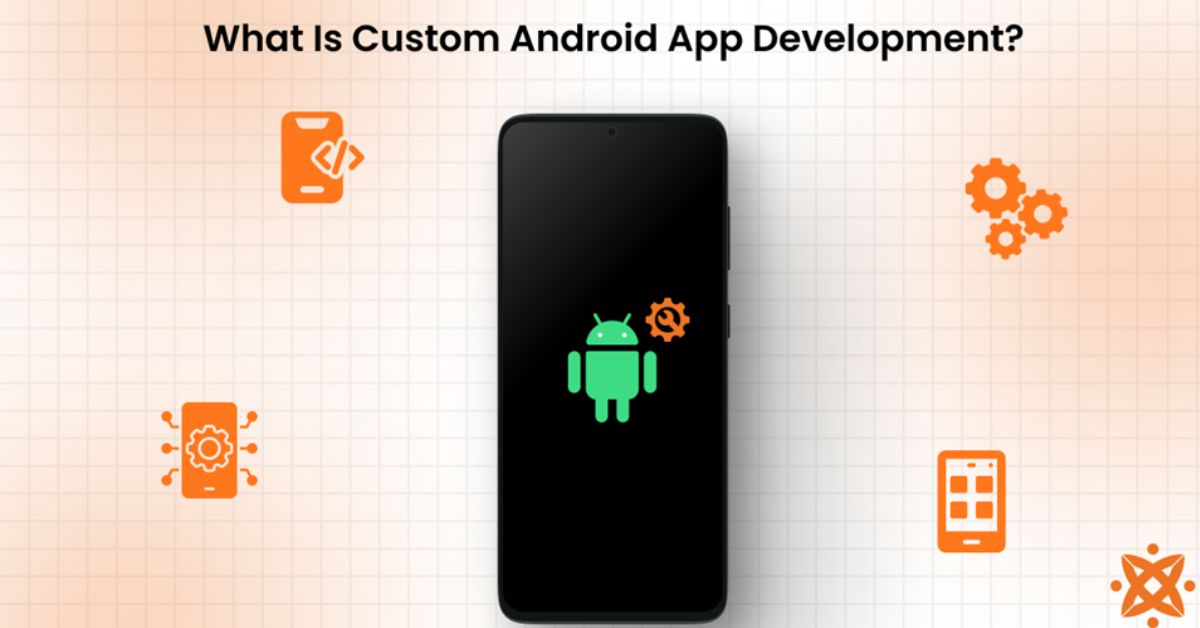Multiplatform application development is a common service used by businesses who need an app or a system to work on multiple different platforms, such as Windows, Android, or iOS. Unlike cross-platform development, which uses a single codebase for all platforms, multiplatform development is all about tailoring each version of the app to the specific platform. In this article, we will discuss multiplatform application development services as well as the leading companies offering them.
When to choose multiplatform development over cross-platform development?
There is no single right option. Whether you opt for multiplatform development or cross-platform development depends completely on your needs and business strategy. If you are unsure which is the right for you, here are the scenarios in which you should choose multiplatform development:
High performance requirements
When applications are built native to each platform, they are typically a lot more reliable and run faster. They can also utilise hardware capabilities like GPUs without running into potential compatibility issues. If your app requires the highest performance possible, like a game or a resource-heaving app, for example, then multiplatform development will get the best results.
Enhanced security
Organisations that have very strict security requirements typically opt for native development as opposes to cross-platform development. This is most often the case for banking apps or other apps that handle a lot of sensitive customer data. Native apps reduce the various vulnerabilities involved with shared codebases across multiple platforms.
User-centric approach
While cross-platform development has similar capabilities when it comes to UX, multiplatform development is the way to achieve the highest standard. If your app is all about the user, including tailor-made and platform-specific functionality to elevate their experience, then developing it natively is the way to go.
The challenges of multiplatform development
Although it does have a lot of great benefits, multiplatform development involves a few challenges which you should know about:
Higher development costs
Building a native app for each platform will always be more expensive than building one, cross-platform application. It requires more resources and highly skilled developers (who are also knowledgeable in multiple programming languages), so the budget for this project should be well thought-through.
Maintenance complexity
Updating multiple codebases, naturally, takes more time. If there are any bugs or changes, each platform will also need to be addressed separate. And, even more so when there are custom-made features that could require more knowledge.
What’s involved in multiplatform application development services?
When getting multiplatform application development services, you can expect a few key services from your chosen vendor. Here are the three main features:
UI and UX crafting
UI (User Interface) and UX (User Experience) are the two most important considerations in application development. Therefore, professional developers will take their time to ensure that the application is as user-friendly and pleasant to use as possible. Multiplatform application development means that this will be designed according to native tools and programming languages of your chosen platform. For example, whether the app is for Android or iOS users.
Customised features
In application development, developers have the freedom to design unique functionalities. However, these will need to be adapted to the platform-specific needs. For instance, Android apps often use widgets, while iOS apps can take advantage of Apple’s Haptic Touch. Multiplatform development companies will ensure that you get the features you want, while keeping the code simple and maintainable for your developer.
App modernisation
If you already have an app that could do with an update or, perhaps, adaptation to another platform, multiplatform development companies can help with this too. They will quickly transform your old app to make it up-to-date in terms of UX design and code framework.
Recommended multiplatform application development companies
If you are looking for someone with expertise in multiplatform application development, here are some of the leading service-providers out there:
- UxDivers: Specialising in creating simple yet visually stunning apps, uxdivers.com have a strong focus on UI/UX design. As well as modernising out-of-date apps, they offer end-to-end app development services for new projects.
- ScienceSoft: Known for developing native apps for industries like healthcare and finance, ScienceSoft hold baggage of experience in projects that require advanced technologies and custom features.
- Cubix: With a team of more than 350 specialist, Cubix use innovative approach to solve customer problems and create feature-rich applications. They are praised by customers for delivering high-quality and timely projects each time.
- OpenXcell: With a particular focus in custom AI solutions, OpenXcell create robust applications that are not only smart, but secure and scalable too. They use a collaborative approach in their projects, which has gained them a lot of satisfied customers.
- RipenApps: Recognised globally for their excellence in multiplatform app development, RipenApps have created over 700 apps for customers across the world. One of their main missions is to empower startup business with digital transformation solutions.
Conclusion
Businesses that require multiplatform application development should always consider using an experienced partner, unless they already have a dedicated person in-house. Although it’s an investment, it will guarantee an efficient project and high-quality outcomes.











